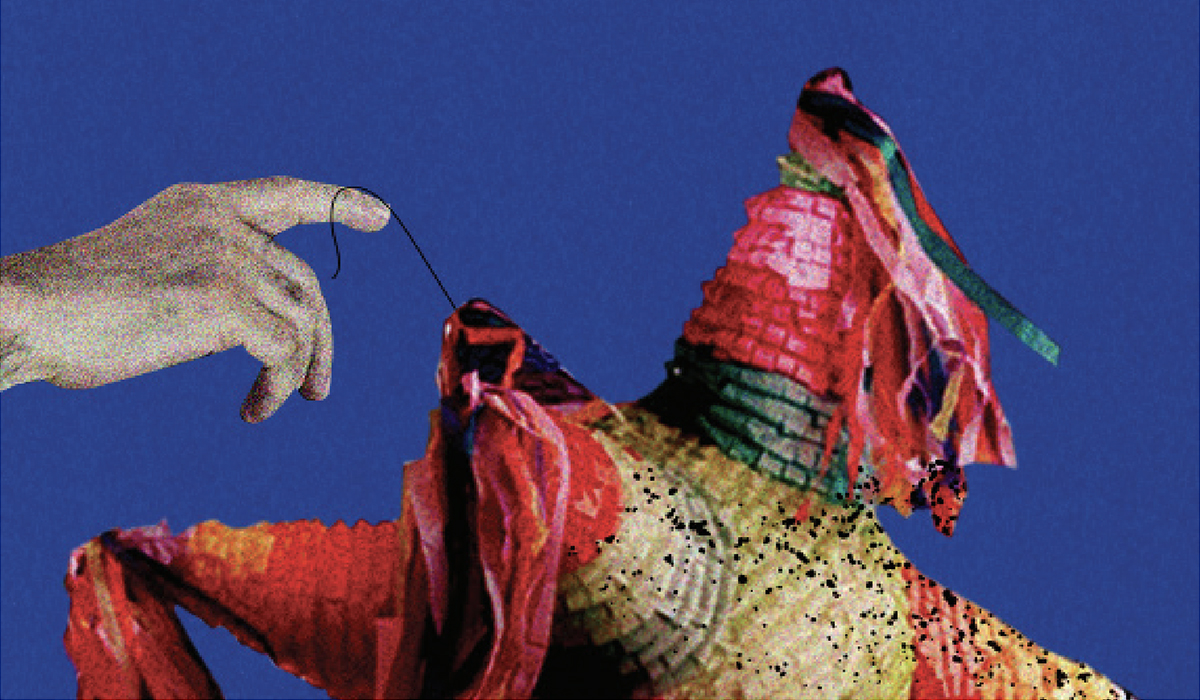The Ortega-Murillo regime has confiscated at least 135 properties belonging to denationalized citizens, businesses, non-governmental organizations, media outlets, universities, the Catholic Church, and diplomatic missions. This amounts to a public debt of over $250 billion, revealed in the research article “The tip of the iceberg of Ortega-Murillo’s new Piñata,” by Hagamos Democracia’s Observatory for Transparency and Anti-Corruption (OPTA).
According to the research, the new wave of confiscations by the Ortega-Murillo regime that started in 2018 has once again created a significant debt for the Nicaraguan state, just when in 2023 it should have finished paying compensations for the first “piñata”, which started with the confiscations ordered during the National Reconstruction Government Junta, which Ortega was part of.
However, the research points out that the $250 billion representing the confiscated properties of the “new piñata” is only a fraction of their actual value, given the limited available information. The total number of affected assets and their complete value remain unknown to date. “This is just the tip of the iceberg,” specifies the research.
In addition to the scarcity of information, “terror prevailing in Nicaragua” due to state repression keeps victims of confiscations from sharing information, warns the article. Additionally, the investigation denounces a new repressive phase of the regime: confiscating the homes of relatives of opposition figures.
“Therefore, this report does not constitute a definitive number of what has been confiscated by the Ortega-Murillo regime since 2018, but rather represents an initial effort to document what has been illegally confiscated,” says the article.
OPTA asserts that the calculated $250 billion is just an initial figure of “an immense debt that grows every day and that all Nicaraguan citizens will have to pay in the future.”
Denationalized citizens and affected family members
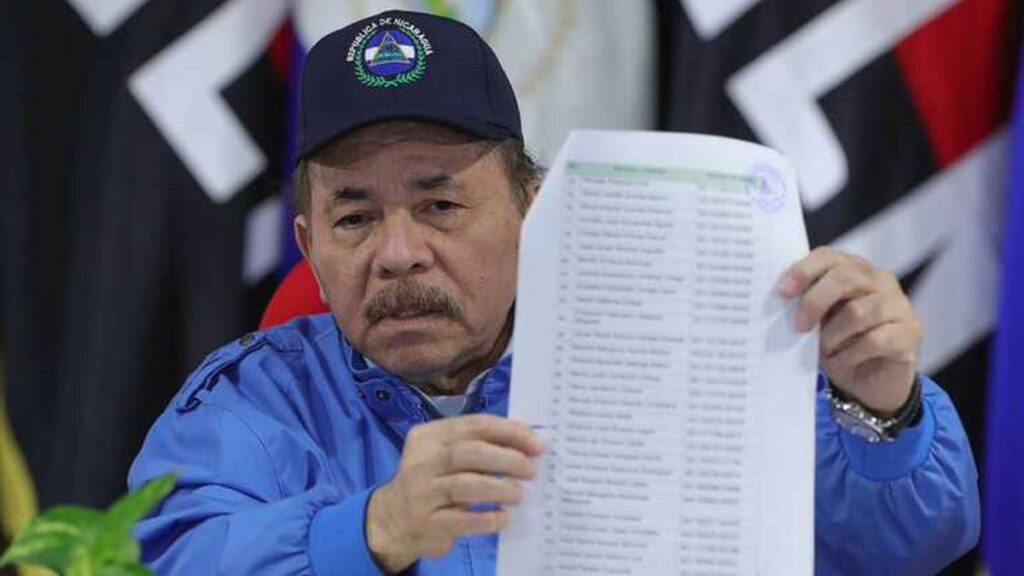
While the Ortega-Murillo regime had already confiscated properties since 2018, with the Special Law Regulating the Loss of Nicaraguan Citizenship applied to 222 exiled political prisoners and 95 additional opposition figures in February 2023, this new phase was officially ratified.
According to this law, any person accused of “treason against the homeland” not only loses their Nicaraguan citizenship but also forfeits all their movable and immovable property, which will be transferred to the State.
Out of the 317 Nicaraguans affected by this law, 36 of them suffered confiscations and were stripped of 78 properties (48.6% of those affected owned two or more properties).
Based on the market value of the 78 confiscated properties, they amount to at least $17.2 billion; and more than half are located in appreciating residential areas, highlights the report.
The vast majority of these properties, 86.5%, were used as personal residences, and only 19% were used as vacation properties. Many of these properties are also land plots, farms, and stores.
Despite the law stating that property will only be confiscated from individuals accused of “treason against the homeland,” the Ortega-Murillo regime has extended confiscations to relatives of denationalized individuals and individuals associated with the properties.
The investigation also mentions the case of journalist Sofía Montenegro, who lived in Condominio Amazonia. Although she was the only one accused of “treason against the homeland,” the National Police extended the confiscation to all 16 apartments in the area, even though the other owners were not related to the feminist.
Confiscated NGOs
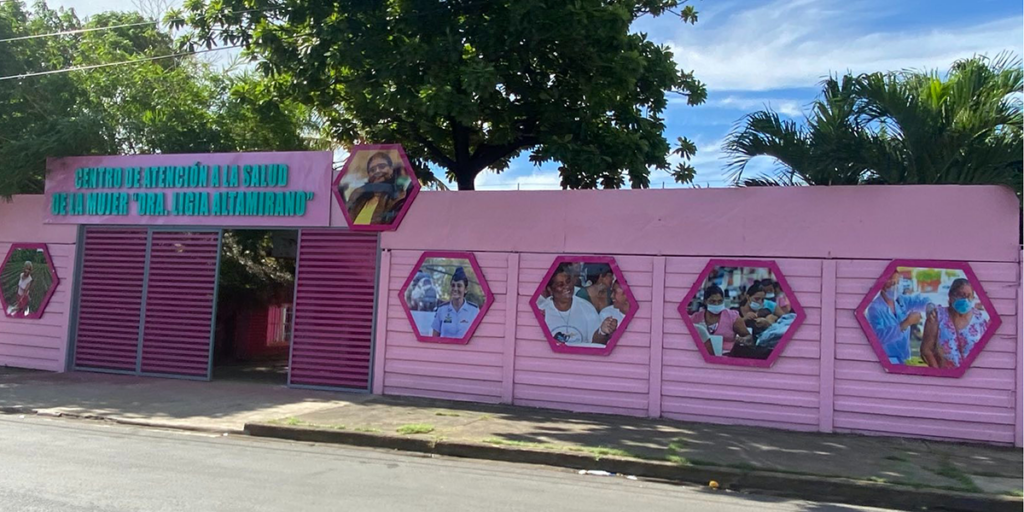
Non-Governmental Organizations (NGOs) have also been among the groups affected by confiscations. This process began with the mass closure of their legal identities in 2018 and intensified in 2020 with the approval of the Foreign Agents Law.
As of April 2024, 3494 NGOs have been closed in the country. Of these, 30 have gone through confiscations, and the research identified 41 seized properties. Most of these properties worked as office buildings, branches in departments, and farms dedicated to scientific work and entrepreneurship.
The 41 expropriated properties have an estimated value of $8.4 million, according to the report.
These confiscations were carried out in violation of Law 147, the General Law on Non-Profit Legal Persons, which states that NGOs will determine the fate of their liquidated assets in case of closure according to their constitutive acts or statutes. “However, this has not been done by the Government in all cases,” indicates OPTA.
The Regime’s enrichment
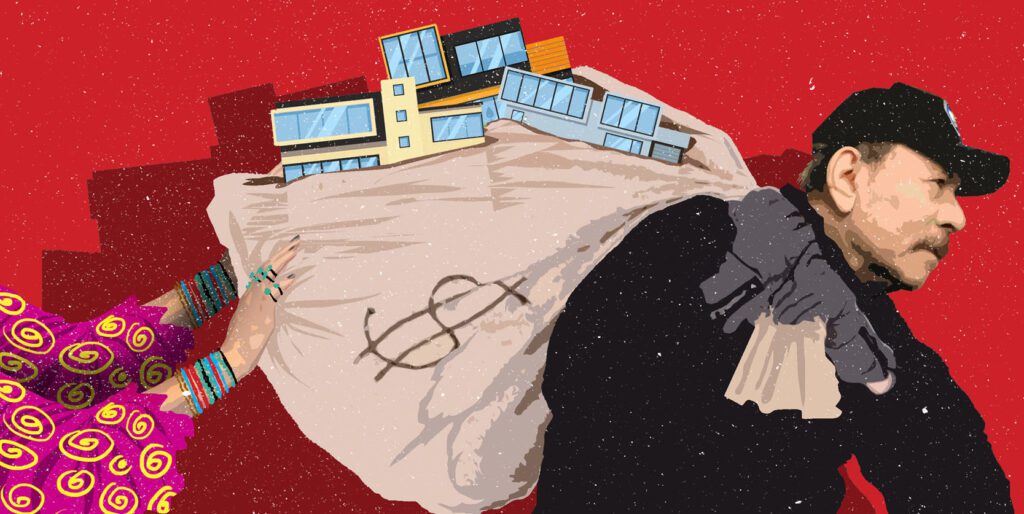
Nicaraguan entrepreneurs have not escaped confiscations either. The Ortega-Murillo regime has stripped individuals, businesses, and business associations of their assets.
As of April this year, 35 business chambers and associations have been closed. OPTA counted $163.5 million in confiscated properties both at the individual and collective levels of entrepreneurship.
However, the report warns that this is a minimum number, as business chambers continue to work to determine the extent of the confiscated assets.
It is noteworthy that the Ortega-Murillo regime has not only limited itself to expropriating entrepreneurs’ assets but has also targeted business actions. “In other words, when the legal personality of a business chamber or association is dissolved by the government, all shares they hold—in any company, enterprise, or society—become property of the State of Nicaragua,” reveals the research.
Due to the limited information available, it is not possible to quantify the impact of these expropriations, but private sector sources indicate that it is “very high and critical.”
According to researcher Manuel Orozco, consulted by OPTA, confiscations of entrepreneurs are providing the regime with the opportunity to enter and control the private sector.
Nicaraguan entrepreneurs have also suffered extortion from the Ortega-Murillo regime. According to them, there is a plunder led by a “network of tax managers” in the General Directorate of Revenue (DGI), the General Directorate of Customs Services (DGA), and municipalities.
Churches and universities
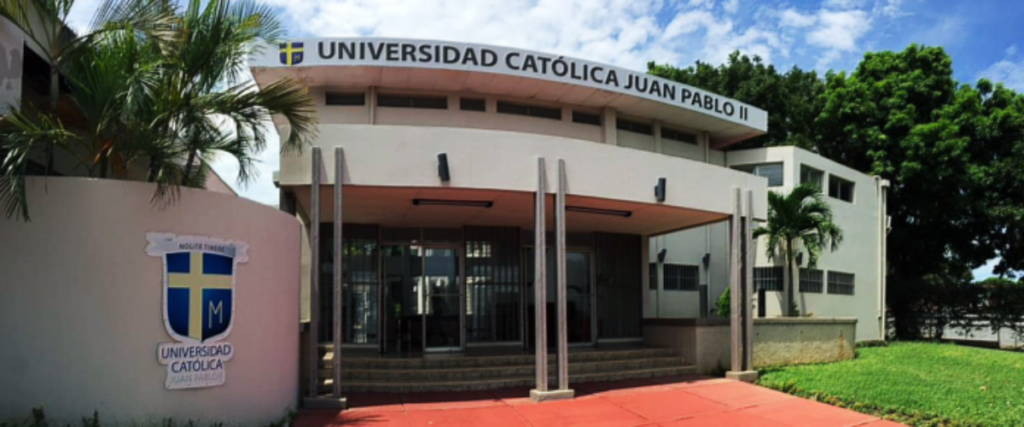
At least 29 higher education centers have been stripped of their legal status since late 2022, when the Ortega-Murillo regime expanded its hunt to universities. Of these, 21 centers have been confiscated, but OPTA only obtained the value of two institutions: Paulo Freire University and the Central American Institute of Business Administration.
The combined value of both centers amounts to $30.6 million. “Like with entrepreneurs, this is a minimal figure compared to what has been expropriated,” warns the report.
To carry out the confiscations and transfer the assets to the State, the Ortega-Murillo regime had to create at least three unconstitutional laws due to legal obstacles. In the case of the Central American University (UCA), the regime issued a “memo” against them for alleged terrorism.
Universities, like other affected groups by confiscations, have also suffered the freezing of their bank accounts, with economic losses yet to be estimated.
The Catholic Church has lost 15 properties from nine religious associations, along with the freezing of their bank accounts. According to OPTA, the Catholic Church has not provided information on the extent of its losses, but sources linked to the Catholic hierarchy estimate that “the amount must be huge.”
According to these sources, not only have bank accounts of the Episcopal Conference and parishes been frozen, and their properties confiscated, but personal bank accounts of some priests have also been frozen.
Even diplomatic headquarters are not spared
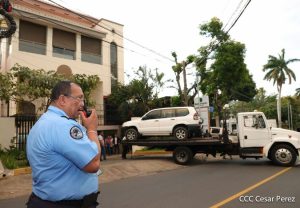
Criminalization against independent journalism has led the dictatorship to confiscate properties of at least seven media outlets since 2018.
The total value of properties confiscated from the media amounts to $22.2 million, and the value of equipment adds up to over $4.4 million. However, this amount only pertains to six media outlets that provided information for the investigation.
The confiscatory state policy has not been limited to natural and legal persons but has also targeted diplomatic matters.
The regime invaded and confiscated the Taiwan embassy and the offices of the Organization of American States (OAS). Both diplomatic headquarters were protected by the Vienna Convention, to which Nicaragua has been part of since 1975.
The value of these properties could not be quantified by OPTA, but it noted that both properties are located in high-value areas of Managua, where the price per square meter is around $1000.
All confiscated properties have been distributed to institutions such as the Nicaraguan Social Security Institute (INSS), National Technological Institute (Inatec), National Institute for Promotion of Competition (Procompetencia), Ministry of Health (Minsa), and the Nicaraguan Military.
The other properties that have not been distributed are awaiting transfer overseen by the Attorney General’s Office (PGR), which is the regulatory body in this matter, following the approval of the unconstitutional law, National Registry System Assignment Law (Sinare), which mandates that all public registries come under the PGR’s administration.



